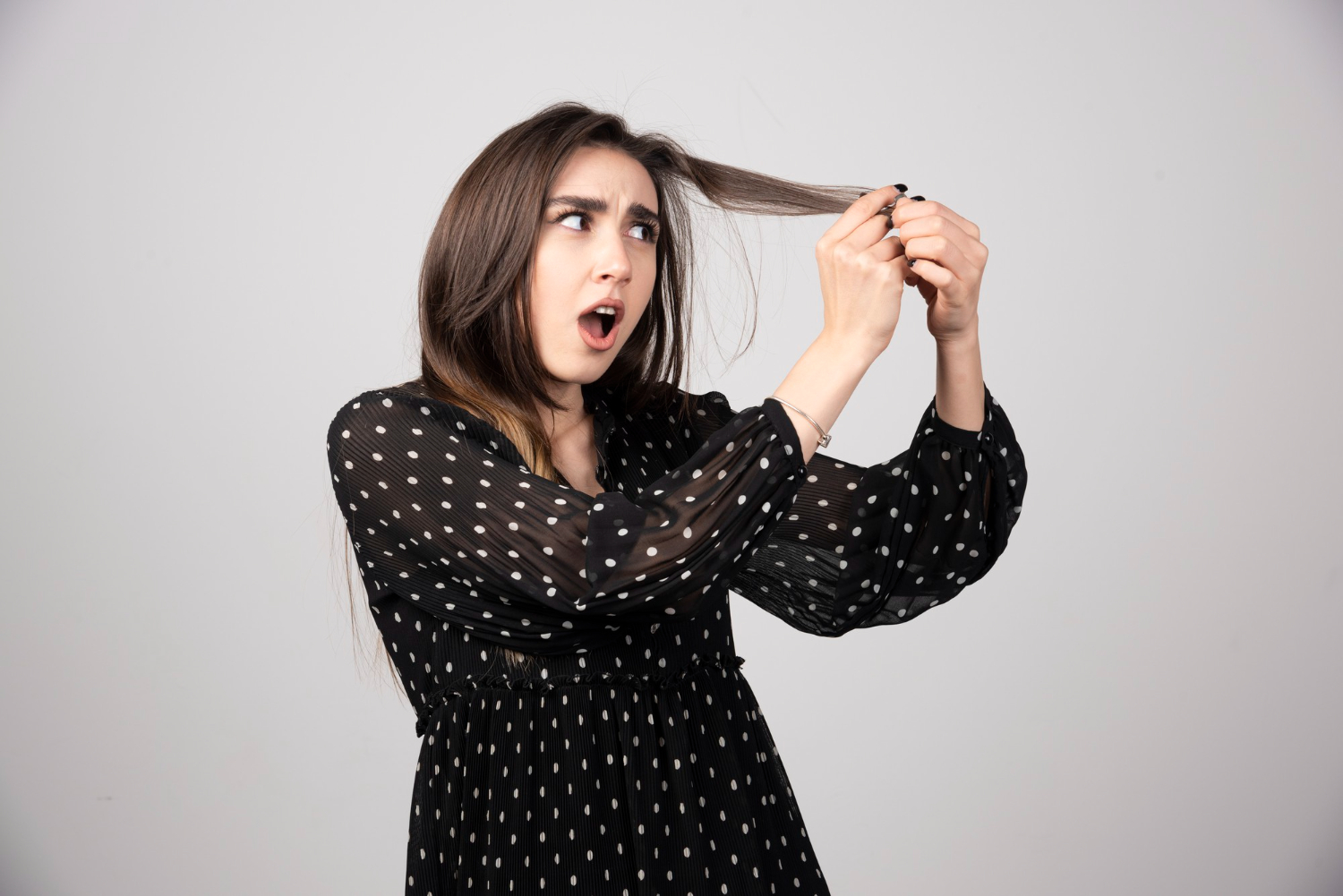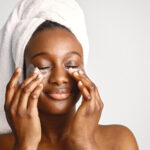Many individuals worry about hair falling out in the shower, and there are a number of possible reasons why this might happen:
Regular Shedding: As a regular component of the natural hair growth cycle, some hair loss occurs every day. People typically shed between 50 and 100 hair strands per day, with bathing being a major cause of this shedding as loose hairs are wiped away.
Stress: An excessive amount of stress can cause telogen effluvium, a kind of hair loss in which an abnormally high number of hairs enter the shedding phase of the hair development cycle. This may be a contributing factor if you’ve been under a lot of stress lately.
Hormonal Changes: Variations in the levels of hormones, such as those that happen after menopause, pregnancy, or delivery, or thyroid disorders, can also cause increased hair shedding.
Nutritional Deficiencies: Hair loss may result from a diet deficient in important nutrients including iron, protein, or certain vitamins and minerals. A nutritious diet rich in nutrients and well-balanced helps promote healthy hair development.Hair care practices that might cause breakage and hair loss include using harsh hair products, often using heat styling tools, creating tight hairstyles like braids or ponytails, and vigorously brushing your hair.
Underlying Health problems: Alopecia areata, autoimmune illnesses, and fungal infections of the scalp are a few examples of medical problems that can lead to hair loss. It’s wise to speak with a healthcare provider if you’re worried in order to rule out any underlying medical conditions.
Genetics: Androgenetic alopecia, also known as pattern baldness, is mostly driven by genetics and is the most prevalent cause of hair loss in both men and women.
See a dermatologist or other healthcare professional if you’re experiencing excessive hair loss in the shower or elsewhere, and if it’s causing you worry or if it’s accompanied by other symptoms. In order to address the problem, they can suggest suitable treatment choices or lifestyle modifications as well as assist in identifying the underlying cause
Can Toner Make your hair fall out?
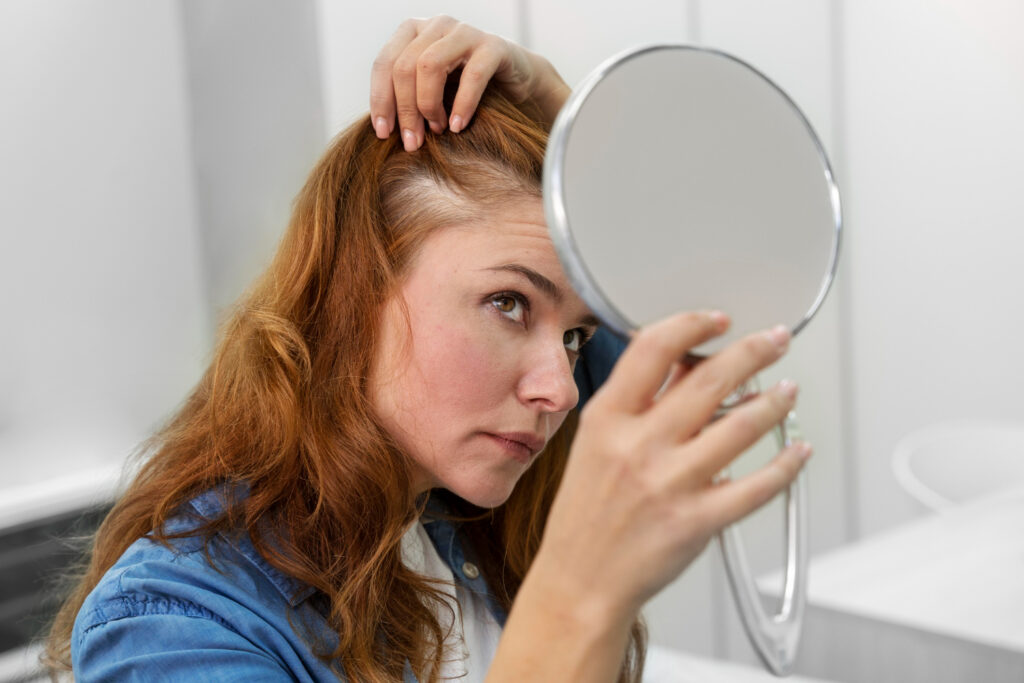
Usually, toner does not cause hair loss on its own. Nonetheless, a few elements associated with hair coloring or toning procedures may be responsible for hair loss:
Over processing: An excessive amount of toner applied too frequently or kept on the hair for too long can result in over processing, which damages the hair shaft and causes breaking. It might seem as though your hair is falling out due to this breaking.
Read my new Post about Hair treatment
Chemical Sensitivity: Some people may be allergic to or sensitive to certain compounds found in hair dyes or toners. Exposure to these substances on a regular basis may cause scalp irritation and even hair loss.
Application Errors: Applying toner or hair dye incorrectly—for example, by using too much product or failing to follow the manufacturer’s instructions—can harm the hair and scalp and cause hair loss.
Underlying Hair Health: Using toner or hair dye might make the condition worse and cause more hair loss if the hair is already thin or damaged as a result of other issues including excessive heat style, harsh hair care products, or dietary deficiencies.
It’s critical to follow the manufacturer’s directions while using hair toners and coloring solutions and to pay attention to any indications of hair damage or irritation on the scalp. It’s recommended to stop using a toner or hair color if you notice severe hair loss or irritation on your scalp, it’s best to discontinue use and consult with a dermatologist or trichology’s for further evaluation and advice.
How to stop hair fall after hair color?
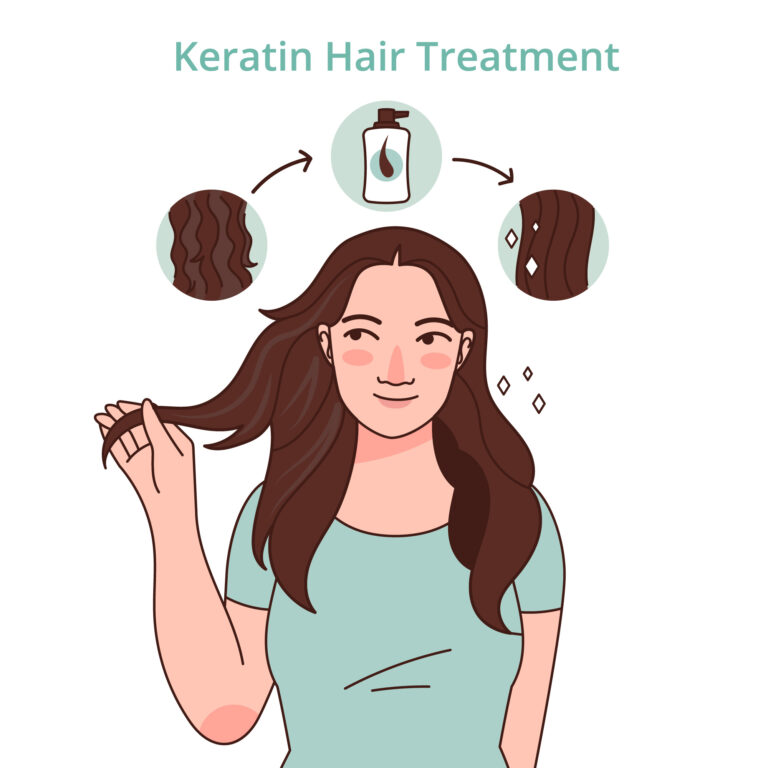
It might be unsettling to experience hair fall after dyeing your hair, but there are a few things you can do to lessen hair loss and encourage strong hair growth:
Employ a Mild Shampoo and Conditioner: Give your color-treated hair a break from harsh, sulfate-containing shampoos and conditioners. Some shampoos include harsh chemicals that can further deplete the natural oils in hair, causing breakage and dryness.
Washing Too Often: Try washing your hair no more than every two to three days. Too much washing will deplete your hair of its natural oils, which makes it more brittle.
Avoid Heat Styling: Heat may weaken hair and cause breakage, so use heat styling products sparingly, such as blow dryers, straighteners, and curling irons. Always use a heat protectant spray before using heat if necessary.
Deep Condition Frequently: To strengthen and prevent breakage, give your hair to a deep conditioning treatment once a week. This will feed and moisturize your hair. Seek for products with components like as coconut oil, argan oil, or keratin.
Sun Protection for Hair: UV rays can cause damage to color-treated hair and increase its brittleness. When spending time outside, put on a cap or apply a leave-in conditioner that offers UV protection.
Be Gentle When Brushing: Gently detangle your hair by working from the ends to the roots with a wide-tooth comb or a brush with soft bristles. Because damp hair is more likely to break, avoid combing wet hair.
Maintain Hydration and Eat a Balanced Diet: To maintain healthy hair growth, eat a balanced diet high in vitamins, minerals, and protein. Additionally, drink lots of water to stay hydrated.
Think about giving your scalp a massage with your hands to assist increase blood flow to the hair follicles, which will encourage the development of healthy hair.
Speak with a Professional: For individualized guidance and treatment options, think about speaking with a hairdresser or dermatologist if you’re having problems with significant hair loss or other issues following hair coloring.
You may reduce hair loss and maintain the healthy, vivid appearance of your color-treated locks by using these suggestions and taking proper care of your hair.
Can lotion make your hair fall out?
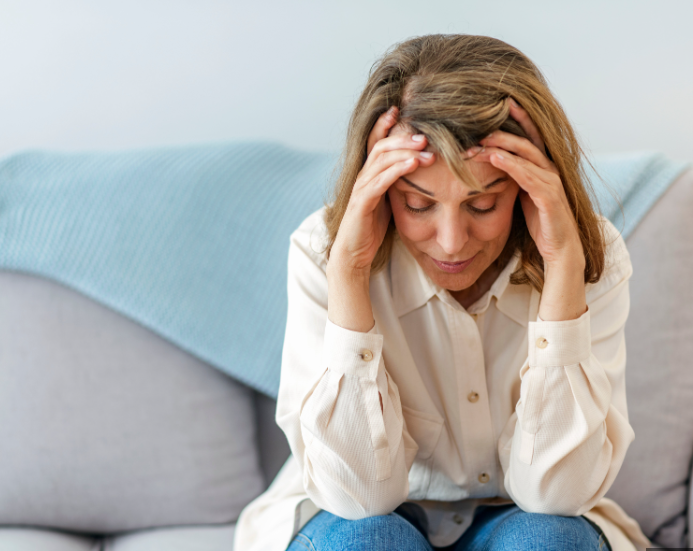
It’s doubtful that lotion will directly cause hair loss because it’s usually not meant to be used on the scalp or hair. But if lotion were to come into touch with your hair and scalp, especially if it includes certain potentially hazardous or irritating components, it might cause problems like blocked hair follicles or inflammation of the scalp. These problems may eventually lead to thinning or hair loss of the hair.
Furthermore, you should think about other potential causes if you’re losing hair and believe that a certain product, such as lotion, may be the culprit. Hair loss can be caused by a variety of factors, including heredity, stress, hormone fluctuations, dietary deficiencies, and scalp disorders.
It is essential to speak with a dermatologist or other healthcare provider if you have concerns about hair loss or the condition of your scalp. They may assist in determining the root cause of your hair loss and suggest suitable therapies or way of life adjustments to deal with the problem
Does antibiotics cause hair fall?

Antibiotic side effects are not frequently reported to cause hair loss. However, for other reasons, some people may get hair loss after using antibiotics:
Rarely, allergic responses to antibiotics may occur in people. These reactions can cause a variety of symptoms, including hair loss. If an allergic response was strong enough to cause hair loss, other obvious symptoms like rash, itching, swelling, or trouble breathing would probably also be present.
You may watch our Youtube Video.
Stress: Stress is a major cause of hair loss and can be an unpleasant side effect of illnesses that need to be treated with antibiotics. Temporary hair loss may be caused by the stress of managing an illness as well as the body’s reaction to warding off infection.
Nutritional Imbalances: Certain antibiotics have the potential to upset the delicate balance of good bacteria in the stomach, which can result in gastrointestinal problems including nutrition malabsorption or diarrhea. Hair loss can be caused by nutritional deficiencies, especially those in vitamins and minerals like iron, zinc, and biotin that are vital for healthy hair.
Underlying Conditions: Bacterial infections, which might occasionally be signs of underlying medical disorders, are frequently treated with antibiotics. The underlying ailment may be the cause of hair loss rather than the antibiotics themselves.
It’s important to keep in mind that there are several possible reasons of hair loss, and pinpointing the actual cause without a comprehensive assessment by a healthcare expert is not always simple. It’s wise to speak with your doctor if you’re losing hair while taking antibiotics or soon after. They can assist in determining if the antibiotics are the cause of the hair loss or whether there may be another underlying issue that has to be taken care of.
